SUMMARY
This is AI generated summarization, which may have errors. For context, always refer to the full article.
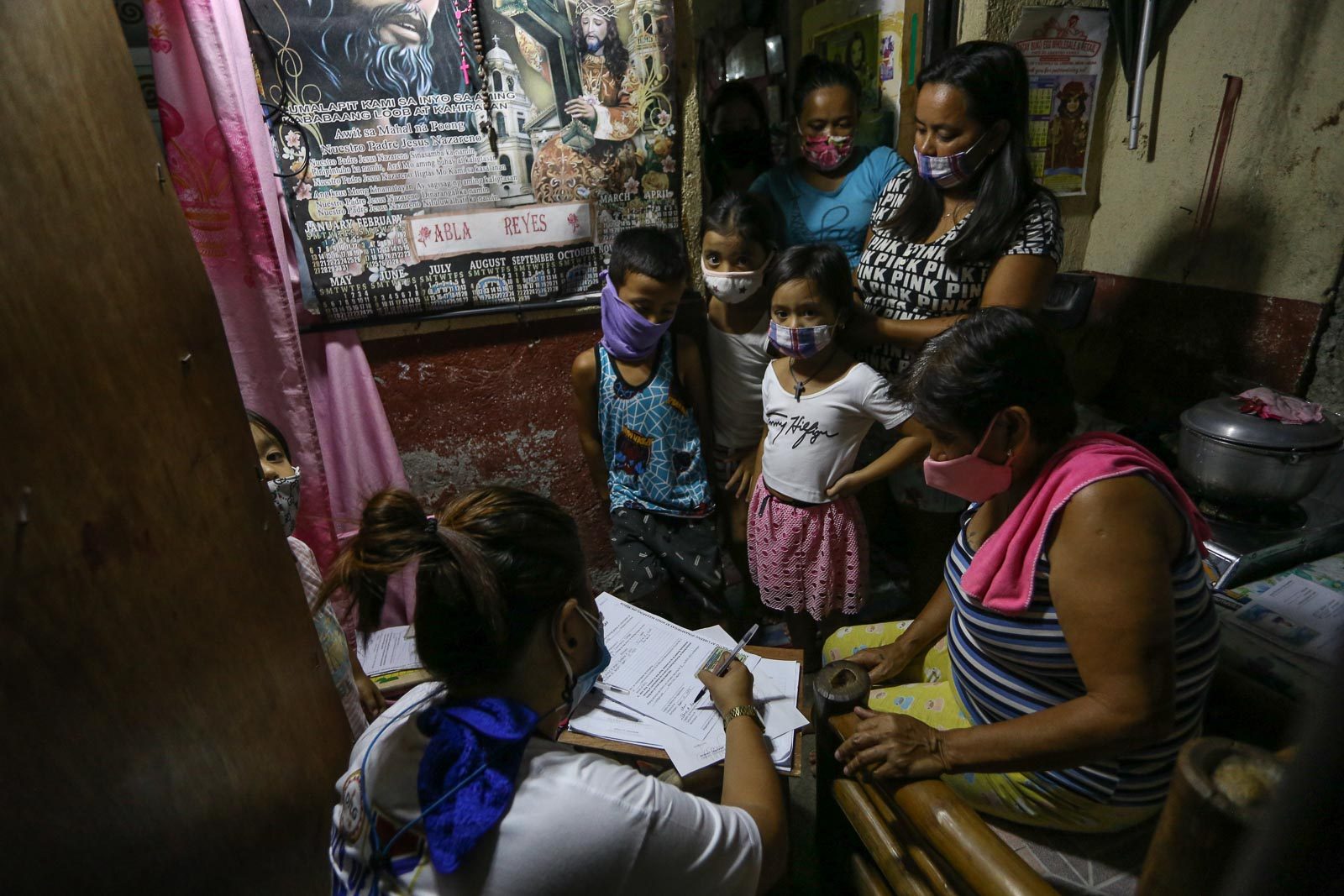
An overwhelming majority of Filipino households said they have been negatively impacted by the COVID-19 pandemic, as family members lose jobs while bills and loan obligations mount.
Worse, households reported that they have recently been targets of digital fraud.

A study conducted by consumer credit rating agency TransUnion found that 93% of households have suffered due to the pandemic.
The survey, which interviewed 865 adults in March, found that 65% of respondents are currently being negatively impacted by the pandemic, while 28% reported to have been negatively impacted but not currently.
In addition, 49% of respondents expect household income to be negatively impacted by the pandemic in the future.
Among the respondents whose household income is currently negatively impacted, 45% said they or someone in their household had lost their job, 42% said they or someone in their household had their work hours reduced, and 24% said someone in their household owned a small business that closed or experienced orders drying up.
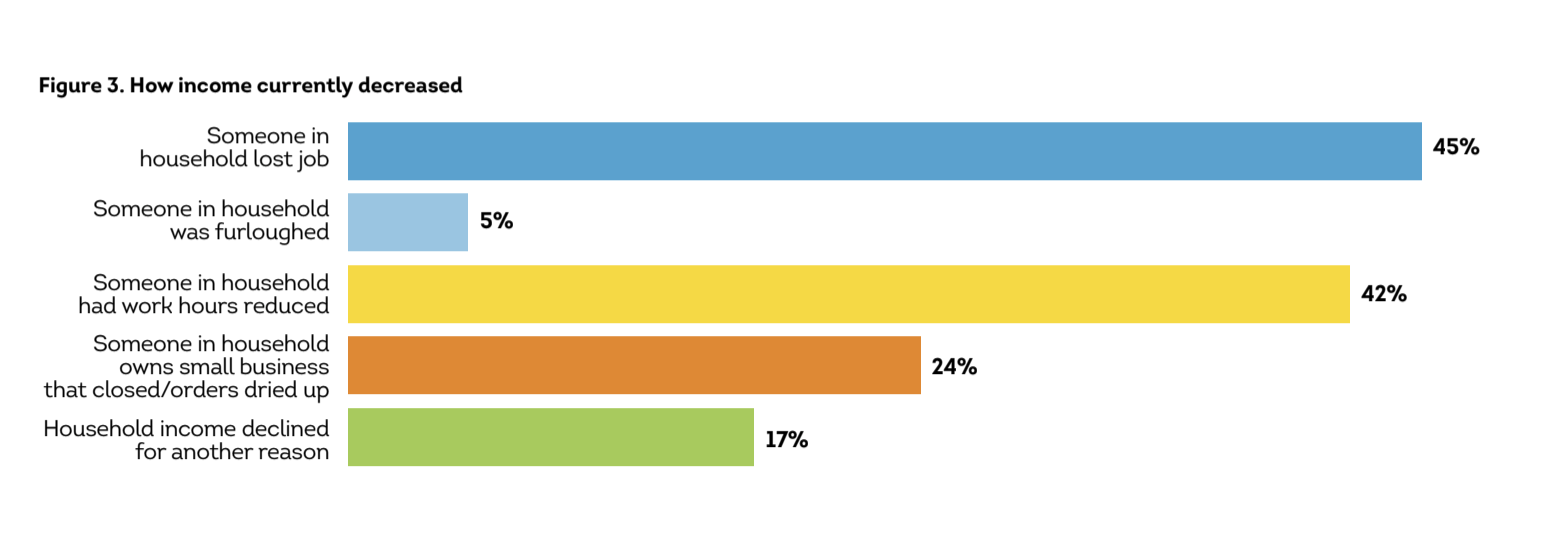
Moreover, 88% said they are concerned about their ability to pay their current bills and loans in full, while 48% reported they will not be able to pay their bills in less than 4 weeks.
Among those whose household income currently decreased and have these bills and loans, 47% said they would be unable to pay their mortgage, 41% auto lease, 36% house or rental insurance, and 35% credit card.
TransUnion’s research also found that 44% of respondents claimed they have recently been targeted by digital fraudsters related to COVID-19, with 4% having acted on a fraud scheme and becoming victims.
The survey found that Gen X respondents or those born between 1965 and 1979 have been the most susceptible to falling for digital fraud.
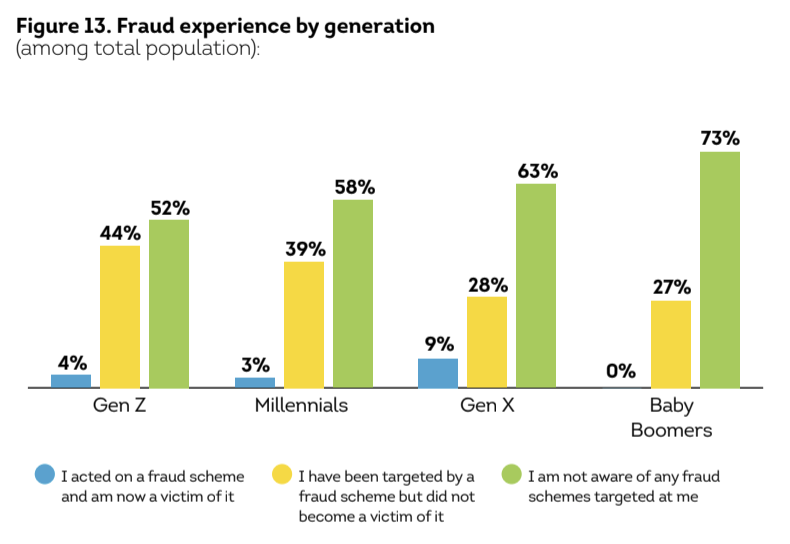
“The top pandemic-themed digital scam for those targeted with COVID-19-related digital fraud is phishing at 40%, followed by third-party seller scams on legitimate retail websites at 31%,” TransUnion said.
Consumers whose household income is currently negatively impacted have made changes in their approach to savings or debts.
Based on the study, 47% cut back on discretionary spending, while 31% canceled or reduced digital services.
To pay for loans and other financial obligations, 49% of those who reported their household income currently negatively impacted said they planned to use their savings to pay current bills, while 44% said they would borrow money from a friend or family member.
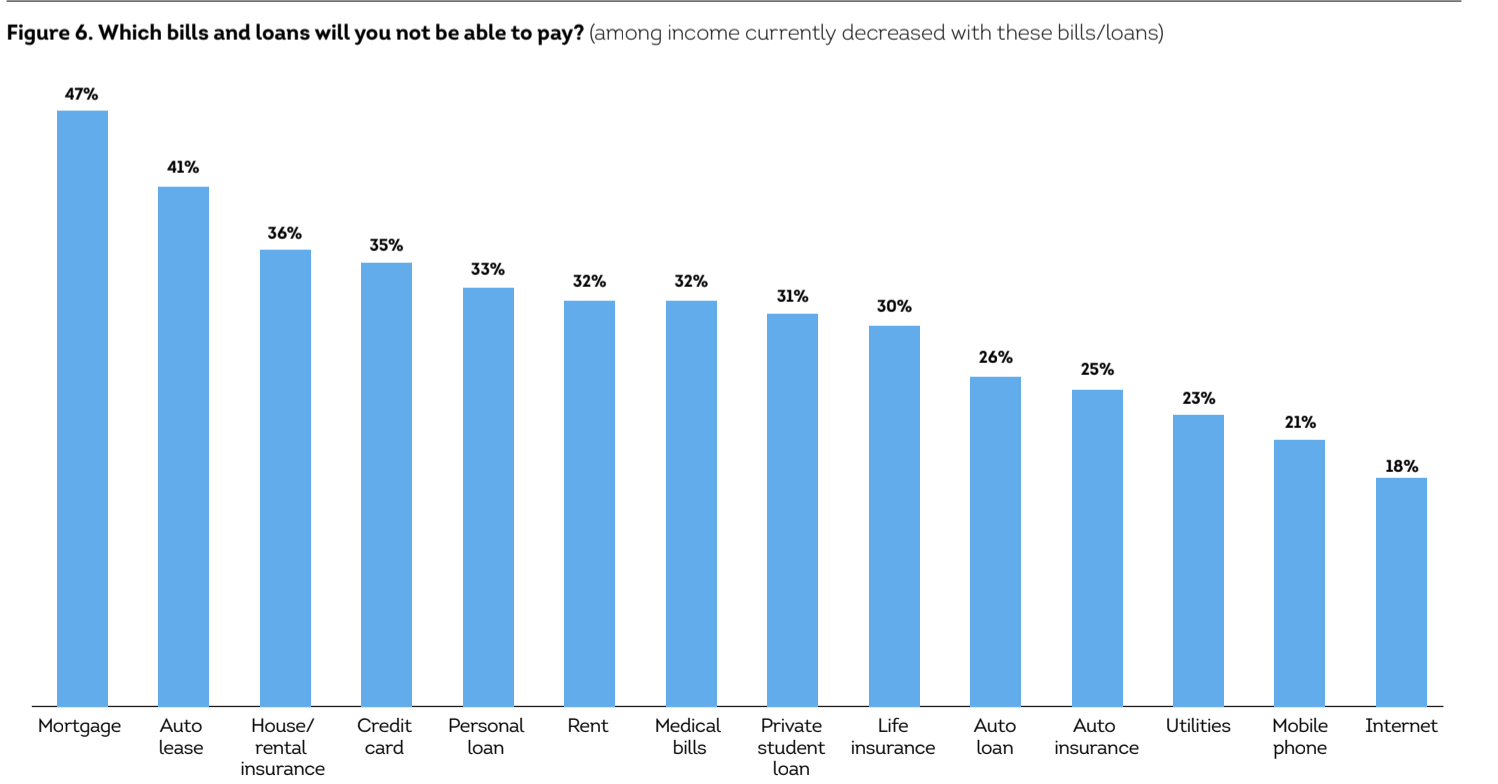
Among all survey respondents, 28% said they have received a financial accommodation such as deferral, forbearance, payment holiday, or eviction prevention in the past year.
Among those with these bills, 21% have gotten an accommodation for life insurance or a personal loan, and 18% for either an auto lease, credit card bills, or medical bills.
“Whether it’s their financial health, financial well-being, or changes in day-to-day living, the lives of millions of people in the Philippines and abroad have changed dramatically because of COVID-19,” said Pia Arellano, TransUnion Philippines president and chief executive officer.
“The Philippines, like many other countries, has had extended periods under lockdown, and we continue to manage the ongoing impact as the number of cases remains high.” – Rappler.com
Add a comment
How does this make you feel?
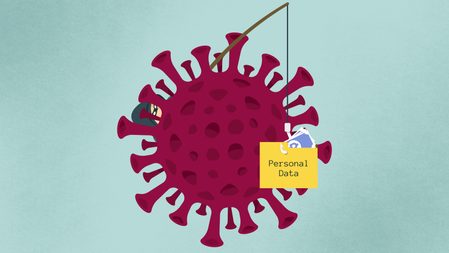





There are no comments yet. Add your comment to start the conversation.